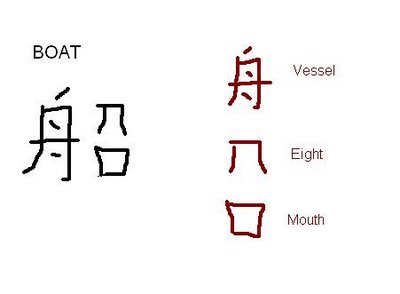To Believe
It's been a while since the last post, but I haven't given up.
One of the basic tenets of the Christian faith is Belief in Jesus. John 3:16 says that "... so that whoever believes in Him would not die but have eternal life". In John 11:25 he says "He who believes in Me, though he may die, he shall live", and John 3:18 says "He who believes in Him is not condemned; but he who does not believe is condemned already, because he has not believed in the name of the only begotten Son of God."
Believe is vitally fundamental to having life in God. These are just three of many quotes that emphasise this. So it would seem that we need to be totally sure of exactly what it means "to believe" in God.
The church in general today seems to take it to mean "to mentally acknowledge as historical fact the death and ressurection of Jesus Christ, and to believe that He was God."
This kind of belief is nothing more than just that - a mental acknowledgement, regardless of evidence for or against - in much the same way that I believe that Julius Caeser was a real person who ruled Rome from 49 to 44 BC. This kind of belief leads to all sorts of contradictions in the Bible - a couple of which I will cover below. These contradictions occur because the church's current idea of what it means "to believe" in God is WRONG!! Mentally acknowledging the existence of Christ will not save you anymore than it has saved the demons!
The greek word in the New Testament that is translated as "believe" is pisteuo. Strong's Concordance defines this word as meaning:
"From pistis. To have faith (in, upon, or with respect to, a person or thing), ie. to credit; by implication to entrust (especially one's wellbeing to Christ): - to believe, to commit (to trust), to put in trust with."
Notice the occurences and reoccurences of the idea of trust in that above statement. This word "to believe" isn't to be understood in the sense of "I believe that the Battle of Hastings really occured", but more in the sense of "Come on! You can do it! Go! Go! I believe in you! Go!"
It's so much more than acknowledging the existence of God - it's trusting Him enough to commit yourself to Him - which means trusting Him enough to do what He says and deny yourself, turn from your ways, take up your cross, and follow Him! It means to lay down your life and everything you hold dear and leave the crowds and follow Him alone! It's what the disciples did when they dropped their fishing nets (their only means of livlihood) and followed Him!
I think a perfect illustration of this is the parable of the guy who found a priceless treasure in a field and so went and sold all he had in order to buy this field and claim the treasure! He gave up everything to gain this one treasure!
Or the parable of the wise and foolish vigins - the wise ones were the ones who sold all they had in order to buy enough oil to be awake when the Bridegroom (Christ) came for them! The ones who didn't sell everything ran out of oil and were asleep when He came, and thus they were forever shut out from His presence.
Hopefully some of what Jesus says in the New Testament will become a whole lot clearer now.
God Bless~




